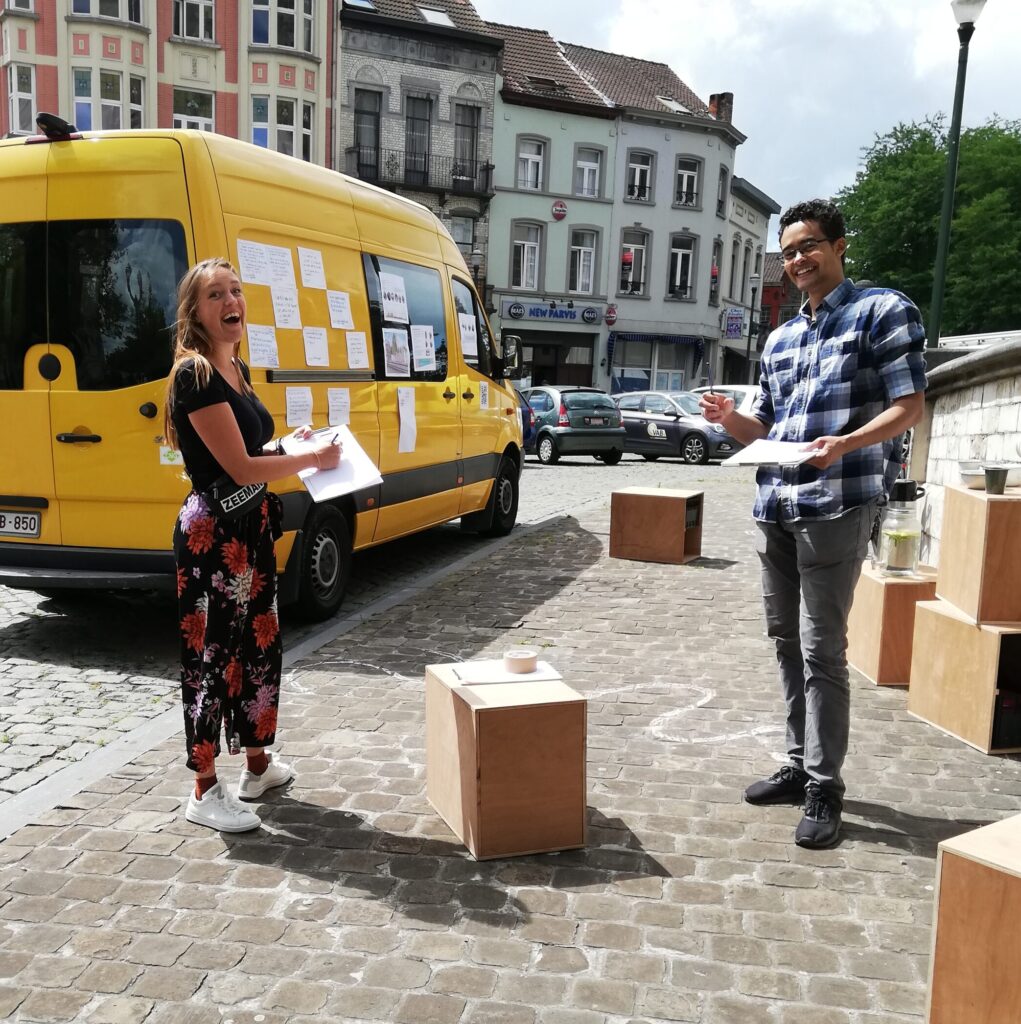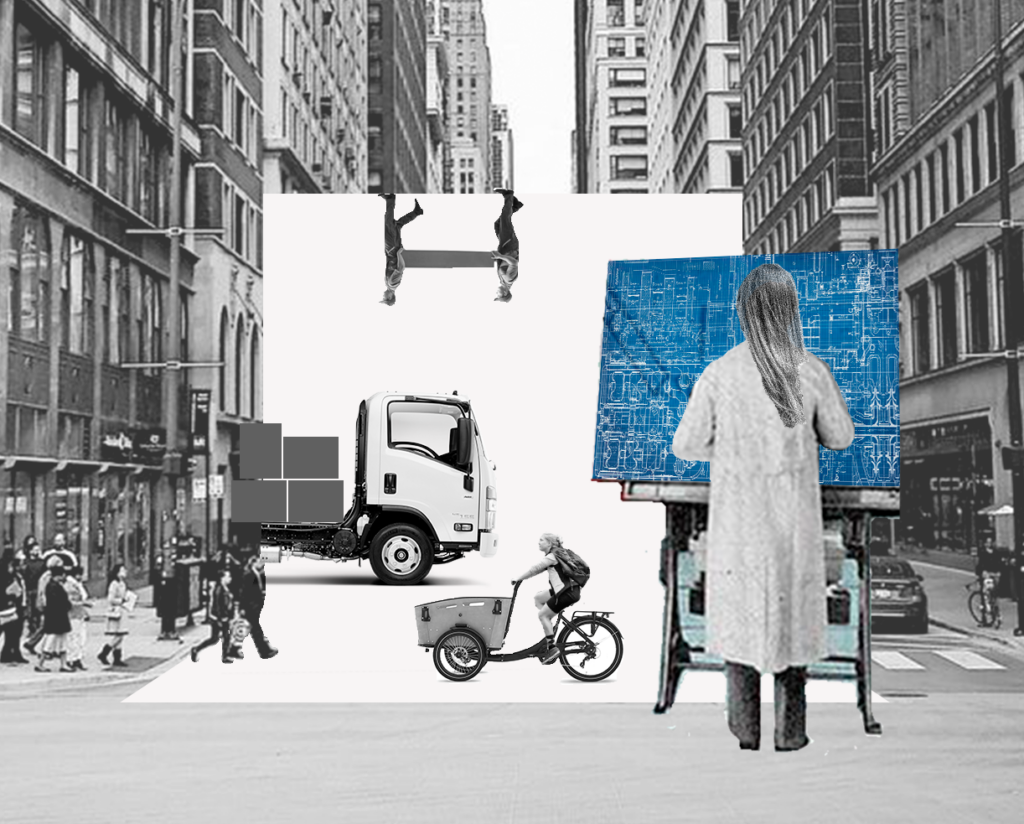
Serre de Bockstael
/// Project
Developing community-based urban agriculture in Brussels.

Production refers to the transformation or exchange of physical goods which requires a physical space. Knowing where your products come from and understanding what kind of context is needed to make them sustainable. Local production provides the foundation of trust in one’s environment, its culture and identity. It allows expertise to be built in communities and adds more value to the products being used and consumed. Osmos helps to wrestle the messy and complex question of what production should be local and how it can help make places more resilient and dynamic.
Over the last five decades many urban areas have lost a great deal of manufacturers, while others are returning. What kinds of production are vital to the local economy? And what kinds of ecosystems are necessary to support makers? Osmos helps connect businesses and local administrations in terms of the space, resources and skills required for making things locally.
Humanity must find ways to retain materials circulating locally. Some resources can have a very local value chain, others require complex treatment processes and function at a regional or supra-regional scale. Some steps are profitable, others must be subsidised. Osmos helps looking at resource flows and value chains as they move from place to place along the transformation process.
Cities depend on many forms of local production: water, transport infrastructure, food, construction and so forth. Likewise, there are many high-tech activities that depend on the city and bring innovation and jobs. It can account for 10-20% of urban jobs, even in highly service-oriented cities. Local production is also necessary for cities to remain resilient. Osmos helps to deal with tensions and helps define opportunities to strengthen production in the city.

/// Project
Developing community-based urban agriculture in Brussels.

/// Project
Developing a cooperative to keep the wood from the Sonian Forest local.

/// Publication
Humanity has a good idea of what a sustainable future looks like, but struggles to get there. Process Design – an Explorer’s Guide
We’ll send you a very occasional update of what we’re doing and thinking about.
This website uses cookies so that we can provide you with the best user experience possible. Cookie information is stored in your browser and performs functions such as recognising you when you return to our website and helping our team to understand which sections of the website you find most interesting and useful.
Check out our privacy policy and our terms and conditions for more information about how and why we use cookies.
Strictly Necessary Cookies are enabled at all times.
If you disable this cookie, we will not be able to save your preferences. This means that every time you visit this website you will need to enable or disable cookies again.